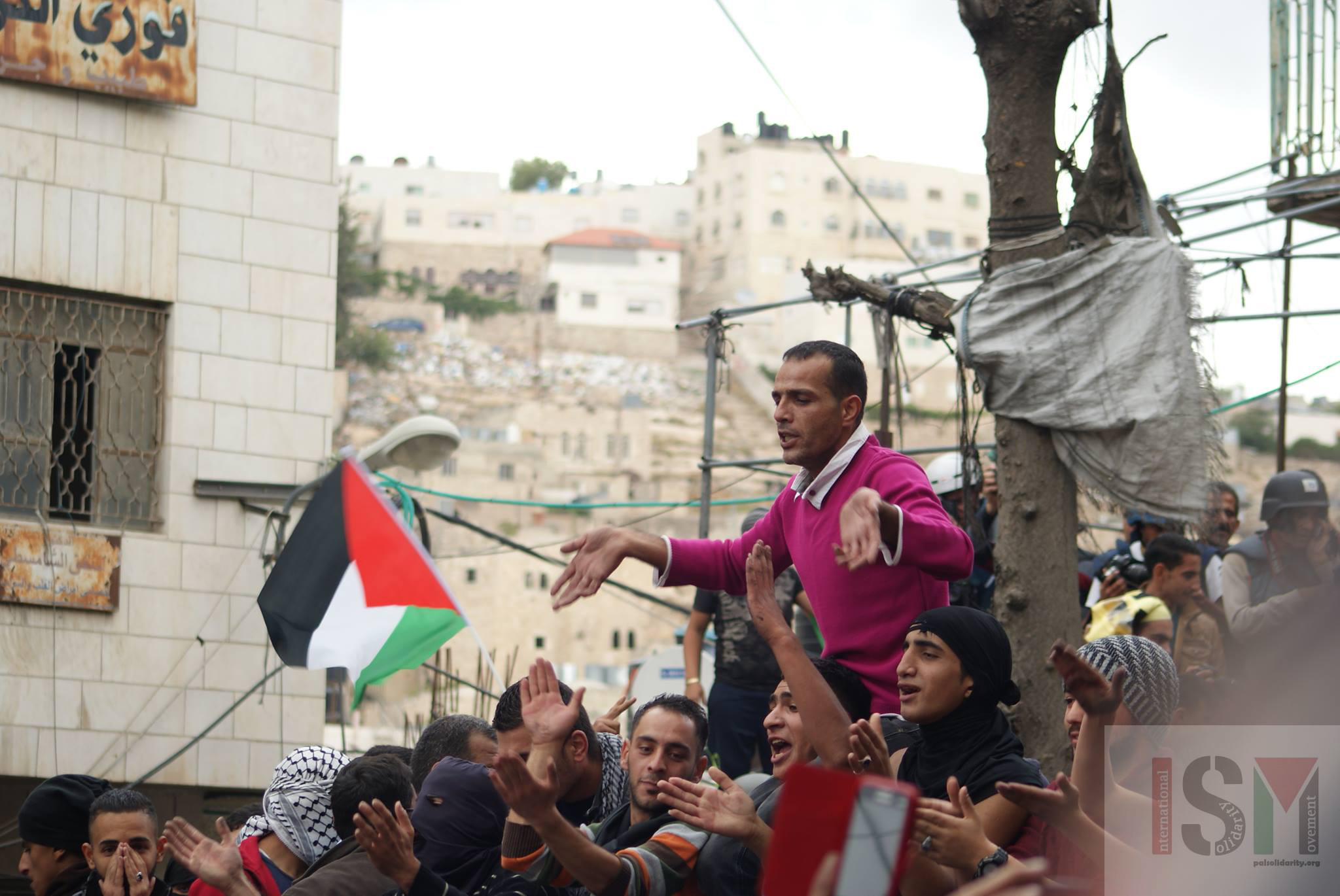Category: Video
-
Video: Israeli forces executing wounded youth in Occupied Hebron
30th October 2015 | International Solidarity Movement | al-Khalil, occupied Palestine On October 29th Mahdi Mohtaseb was executed by Israeli forces at the Salaymeh (160) checkpoint, near the Ibrahimi Mosque in the old city of al-Khalil (Hebron). The 23-year-old from Jabal Johar, who was employed in a local sweets shop, was supposed to meet his…
-
Israeli forces erasing Palestinian lives as if they never existed – 23-year old gunned down in Hebron
28th October 2015 | International Solidarity Movement, al-Khalil team | Hebron, occupied Palestine At 10.30pm last night, Tuesday 27th October 2015, a Palestinian man who has been identified as 23 year old Hoummam Said was shot in al-Kahlil (Hebron) at the Gilbert checkpoint, directly outside the ISM apartment. The man was in the H2 neighborhood…
-
Another peaceful mass demonstration brutally attacked by Israeli forces
27th November 2015 | International Solidarity Movement, al-Khalil team | Hebron, occupied Palestine On Tuesday afternoon, 27th October, a mass peaceful demonstration took place in the streets of occupied Hebron (al-Khalil) with about two thousand people, including men, women and children demanding the release of the 11 bodies of martyred Palestinians kept by Israeli forces…



